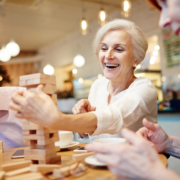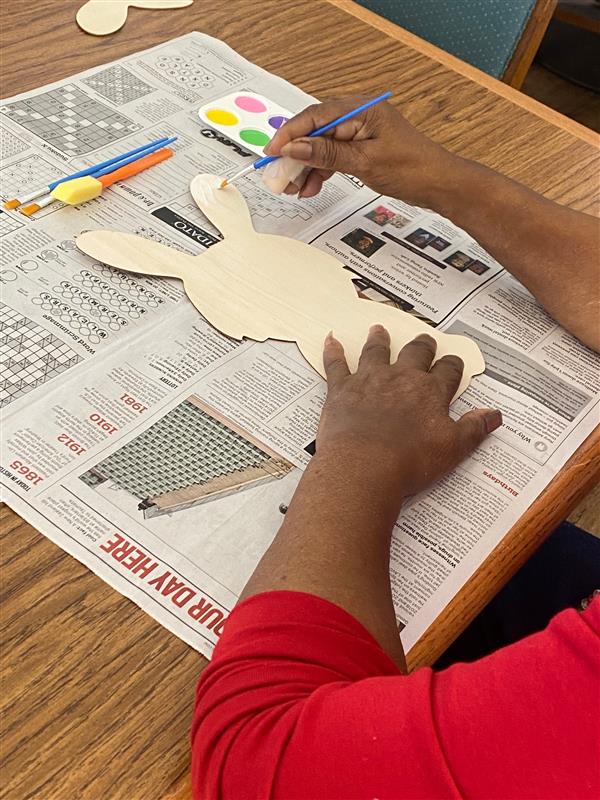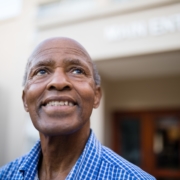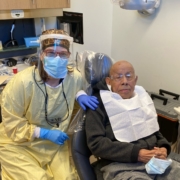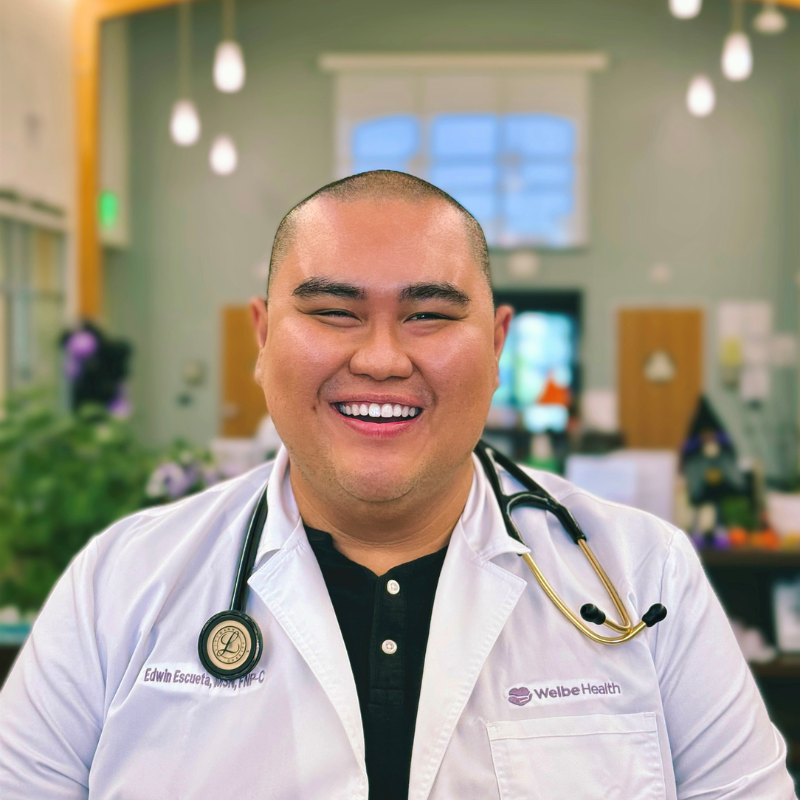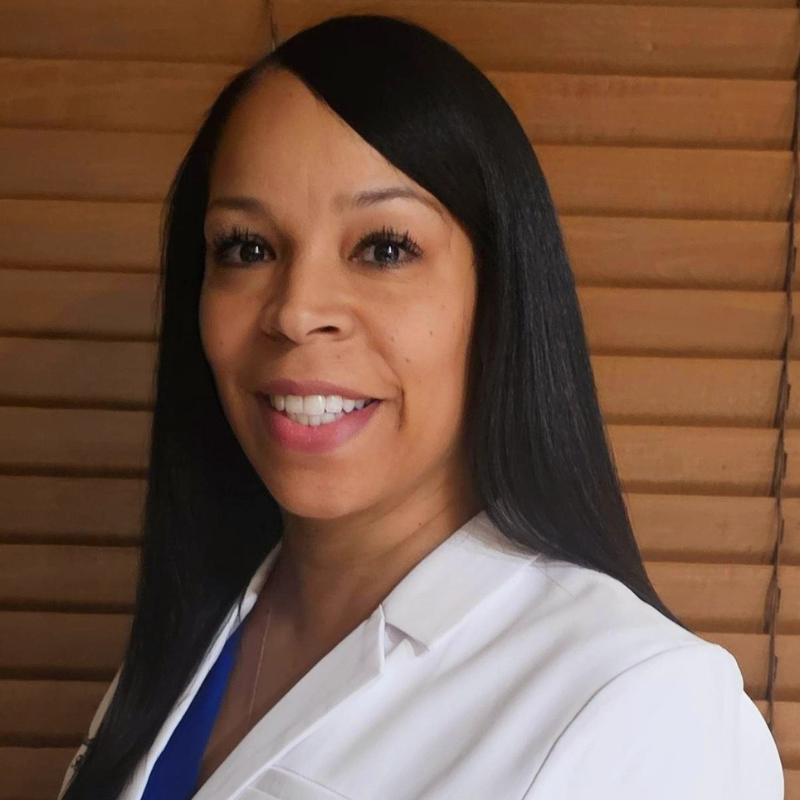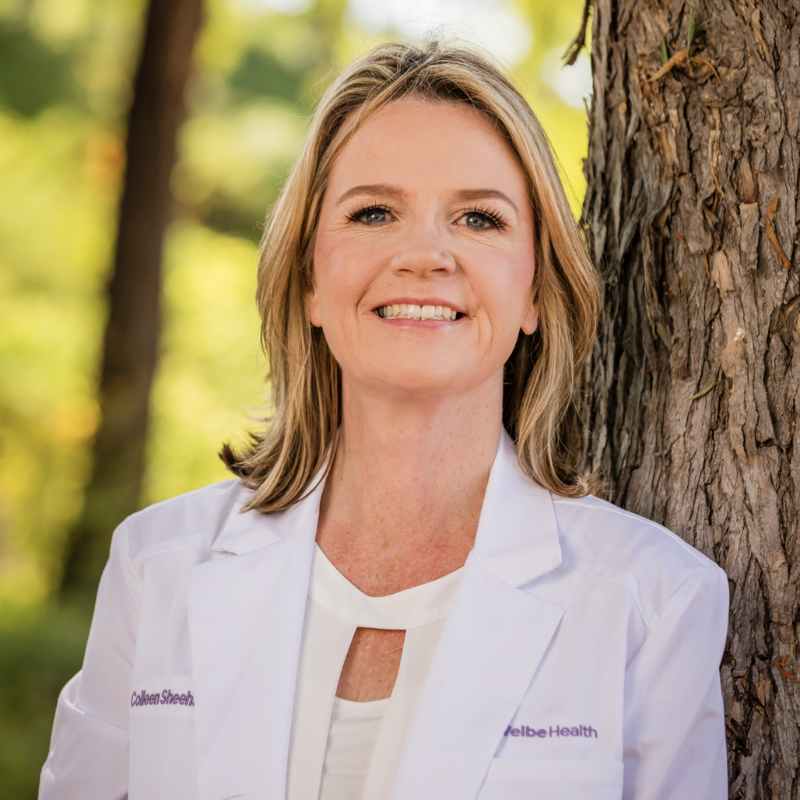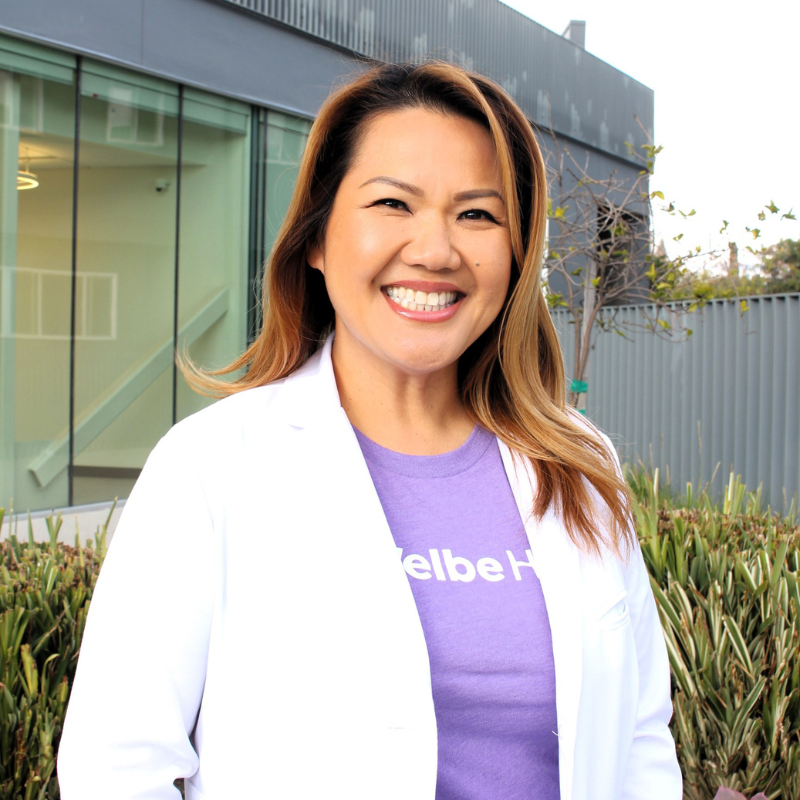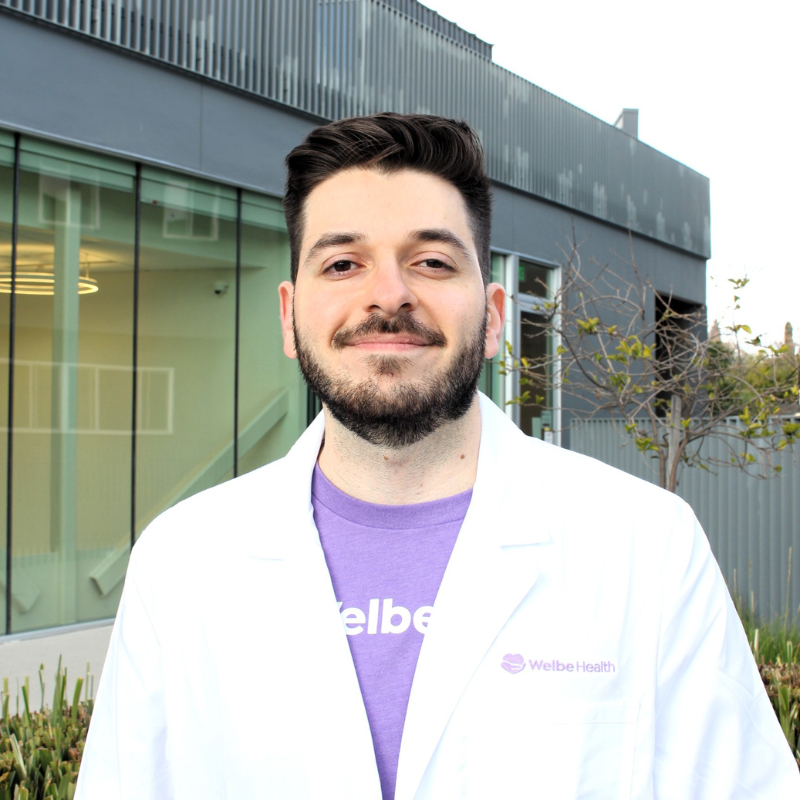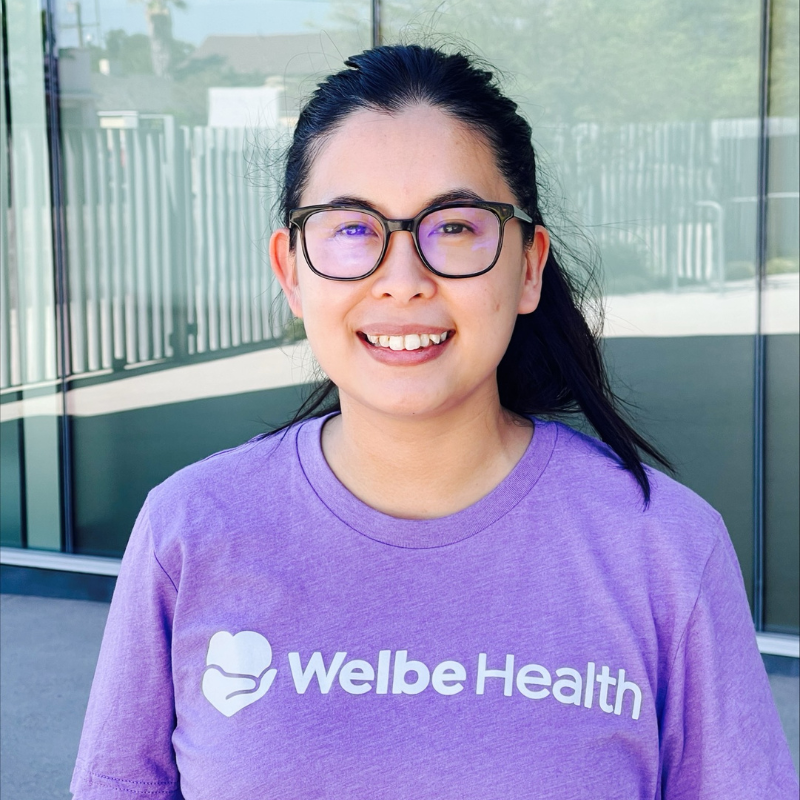Love Your Brain: 5 Simple Ways to Support Brain Health
As we get older, it is important to find ways to support brain health. About 1 in 9 Americans over the age of 65 have Alzheimer’s disease. Researchers expect that number to double by 2050.
But, there is good news. You can support your brain health and lower your chances of developing Alzheimer’s disease and other related dementias. Growing research has shown that lifestyle changes can significantly impact our brain health.
Here are a few brain health tips you can put into practice!
Exercise to Improve Blood Flow in Your Brain
We all know exercise is good for our body, but it also benefits our noggin! Participate in regular exercise that raises your heart rate. This increases the blood flow in your body and your brain, helping you think more clearly. Several studies have shown that regular physical activity may decrease cognitive decline.
Improve your brain health by adding some of these activities into your routine:
- Walking indoors or outdoors
- Swimming
- Aerobic exercise classes
- Dance
- Yoga
Fuel Your Brain with Antioxidant-Rich Food
There is no magic food or supplement that will prevent the onset of dementia. But, eating a balanced diet is just as good for your brain as it is for the rest of your body.
Eating a Mediterranean-style diet has been shown to reduce the risk of Alzheimer’s disease. That means limiting red meat and going easy on the dairy. You’ll also want to increase the amount of fruit, veggies, and fish in your diet.
Next time you reach for a bite to eat, try some of these Mediterranean brain-healthy foods:
- Salmon and other seafood
- Dark chocolate
- Nuts
- Potatoes
- Fruit
- Leafy green vegetables
Use Your Brain “Muscles” to Stay Sharp
Staying mentally engaged keeps your brain sharp. Like the muscles in your body, it’s a “use it or lose it” scenario. Mental exercises can promote the growth of new brain cells, and this regular development of new cells may decrease your likelihood of developing dementia.
Maintaining mental sharpness doesn’t require crosswords and jigsaw puzzles (though studies show those mind challenges can help). Even participating in stimulating conversation, picking up a new hobby, or playing a game of chess can benefit your brain health.
Try activities that are:
- Creative – Pick up painting, quilting, photography, or drawing.
- Challenging – Don’t just do what comes easy; try something that challenges you a little.
- Novel – Master a new language, skill, or concept that is unfamiliar to you.
- Stimulating – Attend a lecture on an interesting topic or spend time discussing a book with a friend.
Give Your Brain the Rest it Needs
When talking about brain health, we don’t always touch on sleep. But, sleep is a crucial aspect in protecting your brain from cognitive decline.
Beta-amyloid plaque is an abnormal protein that builds up in the brain of some people. The presence of this plaque is a known precursor to Alzheimer’s disease. Researchers have found that a lack of sleep can increases the amount of beta-amyloid plaque in the brain. It is important to get quality rest to support your brain health.
If quality sleep is something you’re missing, try some of these things:
- Reduce daytime sleeping.
- Speak with your doctor about adjusting medications that may be keeping you awake.
- Avoid looking at your phone, tablet, or computer before bed.
- Meditate prior to bedtime.
- Avoid heavy meals before bedtime.
Get Mental Health Support to Protect Your Brain
Untreated depression later in life has been linked to cognitive impairment and dementia development. Seek care quickly if you are experiencing symptoms of depression or have other mental health concerns. Your primary care physician may prescribe medication to help alleviate symptoms, refer you to a therapist, or both.
Speaking with a trusted therapist benefits your overall well-being, including your brain health. Your therapist can help you process grief, develop healthy coping strategies, and give you tools to overcome your mental health concerns.

